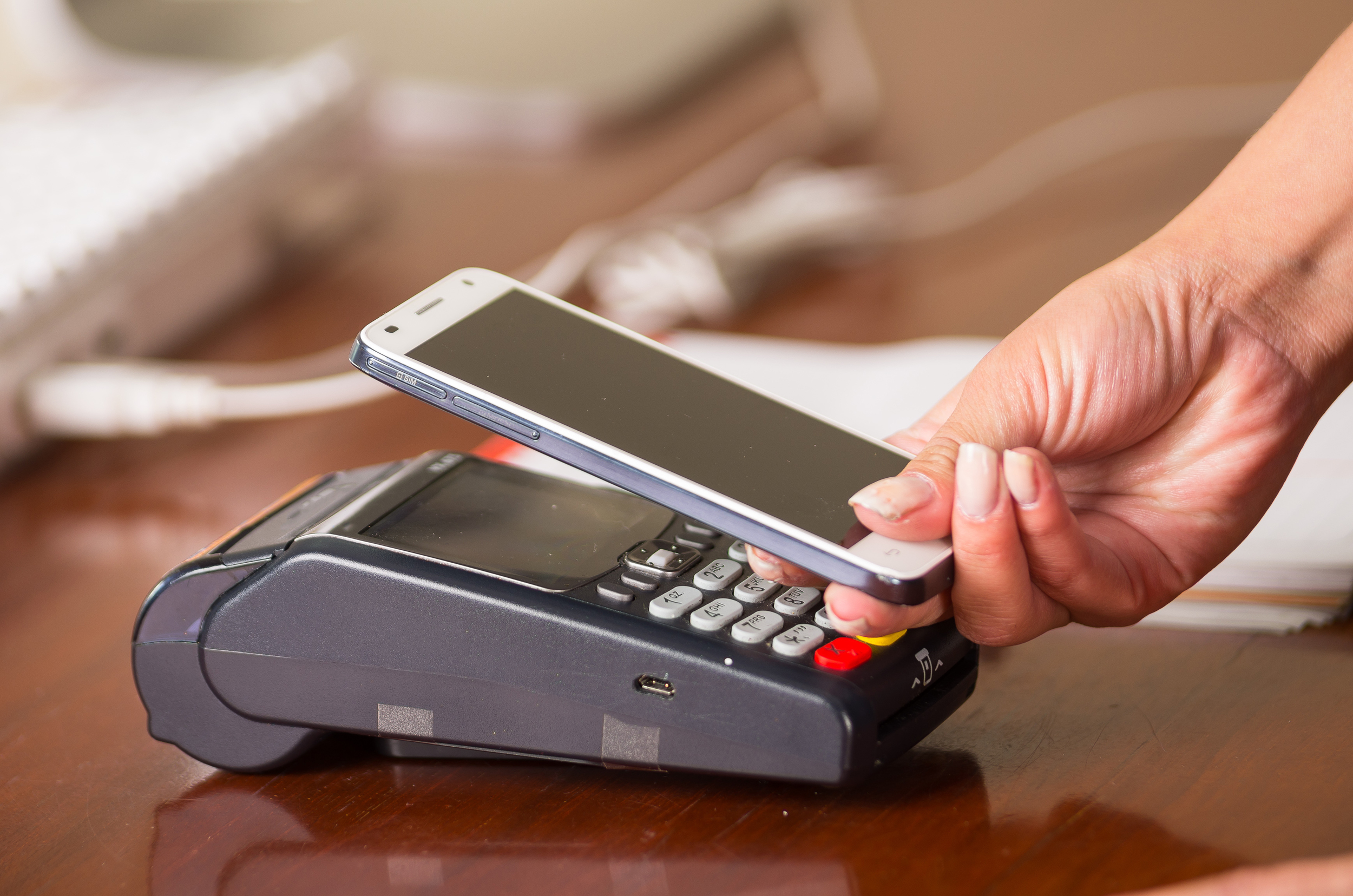For as long as people have commenced and completed financial transactions, buyers and sellers have documented these purchases in written records. Paper receipts are a relic of generations of mercantile custom. While these receipts are useful for personal record keeping or keeping the documentation required for tax purposes, hanging on to a piece of paper is an outdated way of maintaining records. A growing number of companies are offering digital alternatives for financial record keeping. But look a little deeper and you’ll see that the ability to store receipts electronically just scratches the surface of the benefits they bring to mobile wallet technology adoption.
It’s easy to take for granted now, but the smartphone is a relatively young technology. When these devices started to find their way into the pockets of consumers, it was only a matter of time before new mobile financial software would ease wallets out of consumer pockets altogether. One of the hurdles that’s keeping mobile wallets from taking off is the failure to take into account the desire, and to some, the need, to keep a receipt to document a transaction.
Receipts are useful for consumers, helping them track their purchases. But they’re also valuable to retailers. Receipts give merchants another way to communicate promotional information to consumers, David Salisbury explains in MobilePaymentsToday. Conveying that information in a digital receipt just makes it easier for the consumer to absorb.
Providing consumers with a way to keep digital records of their purchases should help speed up their adoption of mobile wallet technology, Salisbury says. The challenge for this technology is partly compatibility. There’s a lot of financial software out there and a growing number of merchant payment hardware that this software must work with. That’s where Netclearance can help. We’ve developed software called mBeaconPay that overcomes compatibility issues by working on all smartphones. The technology also easily integrates with the financial networks of all major payment processors. And for those consumers and retailers who value a way of keeping track of transactions, mBeaconPay also supports digital receipts. Don’t let receipts be a barrier to the adoption of new mobile financial technology. Contact us to learn more about what mBeaconPay can offer you.








